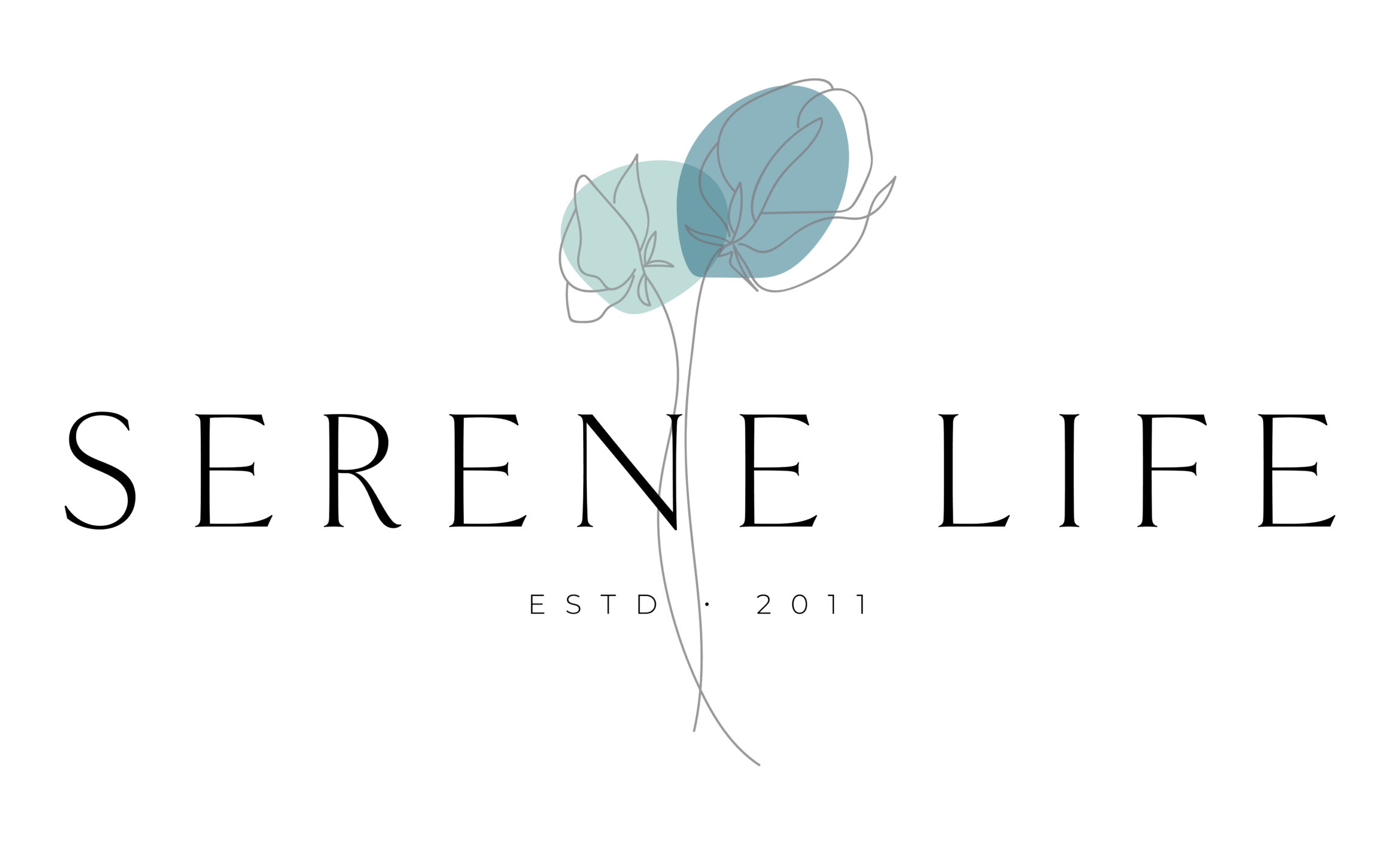


We’ve all been there. We’re having a great day, the sun is shining, birds are singing. The weather outside and inside is just great, life is calm and peaceful.
Suddenly, without any warning, something abruptly disrupts our peace of mind. It could be something we hear on the news, our teenager snaps at us, our partner makes an innocent comment that hits that sore spot.
There it is in a flash! ANGER!!! It takes a hold of us and we are off to the races, reactively defending ourselves, our thoughts taken over by what seems like a monstrous demon. The anger picks up more and more steam, ultimately ending up sending us over the edge into saying something that we can’t even believe is coming out of our own mouth. What in the world just happened?!

Anger is something all of us struggle with. Of all of the emotions, it can be one of the most difficult to handle. Once it takes a hold, the energy within it is all consuming, making it difficult to access our rational brain. It can be extremely difficult if not impossible to let it go.
Anger starts in the section of the brain called the amygdala, which stimulates another section of the brain, the hypothalamus, much like in the fear response. The amygdala is the part of the brain responsible for processing emotions, while the hypothalamus, as one of its functions, controls the release of hormones from the pituitary gland. Research suggests that information about a potential threat in the environment can reach the amygdala before we are even consciously aware that there is a threat. This means that our body is flooded by stress hormones, such as adrenaline, before we know what hit us.
So that is not really good news. We probably like to think of ourselves as calm, thoughtful people but in an instant our minds can be hijacked and allow our worst traits to emerge.
So what can we do?
If you look closely, you will see that behind anger there is always another emotion. Anger tends to be a default response for many of us to a perceived threat to our self-defined ego. In a lot of ways, we don’t really hate being angry. Anger gives us energy, power, clarity (at the time) and courage to say things we otherwise wouldn’t say – even if we regret saying them later. Anger certainly doesn’t feel vulnerable to most of us. It is a protective emotion.
Next time, after your anger has resolved, think back to the situation that triggered the anger. Maybe the news story that triggered you actually first made you feel grief, for instance. Grief is not usually an emotion that is associated with control, it doesn’t feel good or safe for a lot of us. There is no solution for it. So our minds might quickly move from the feeling of grief to anger in an effort to feel safer. Maybe the argument with your teenager triggered feelings of insecurity or brought back an emotion from your own adolescence. The comment your partner made might have triggered feelings of hurt or betrayal. There is always another feeling that comes first.
Looking closely and staying aware of these rapid shifts can help us to gain insight into our vulnerabilities and allow us to access that split second of time between trigger and response, which is where our true power lies.
I hope you’ve enjoyed this post. Until next time …..



